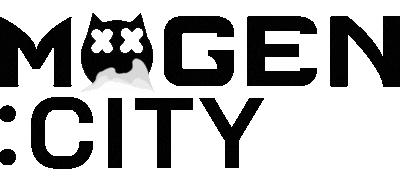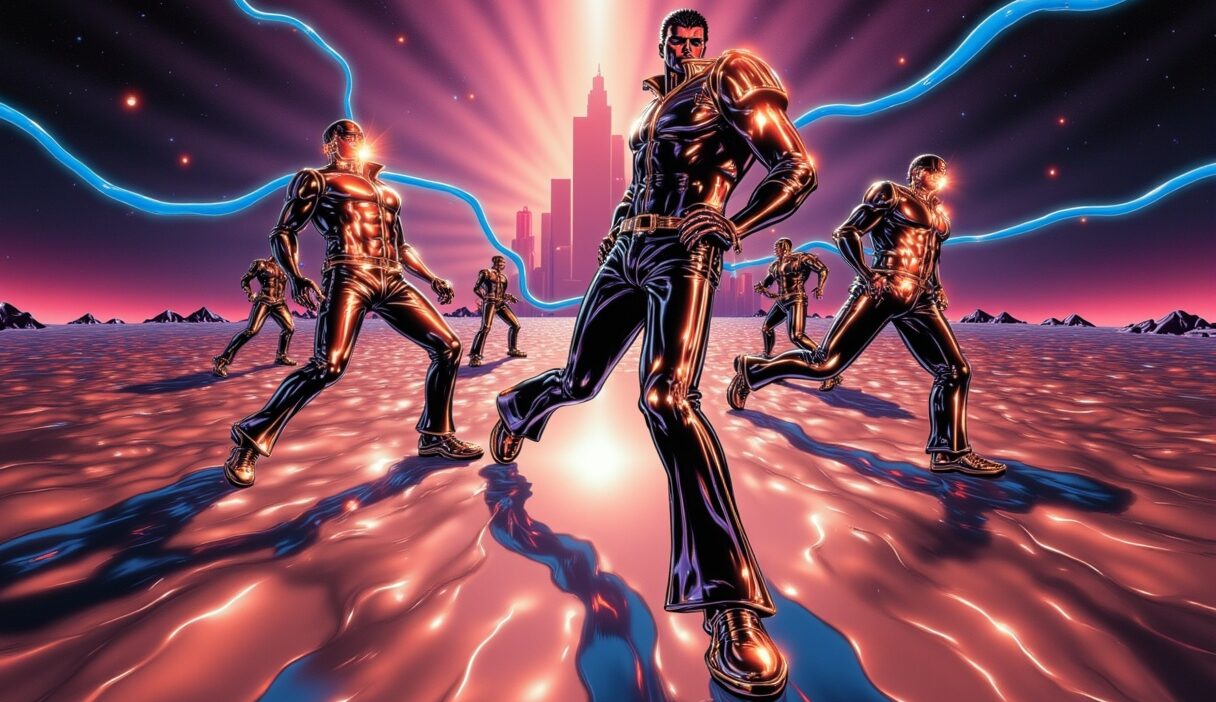Introduction: From Buzzword to Backburner?
In 2021 and 2022, DAOs (Decentralized Autonomous Organizations) were the most hyped concept in crypto. They promised to reinvent everything: corporations, communities, even countries.
Fast forward to 2025, and DAOs aren’t dominating the headlines like they used to. But that doesn’t mean they’re gone. Instead, they’ve evolved — quietly maturing, struggling, and finding new life in smaller, more focused corners of Web3.
So what happened to DAOs — and what’s next for crypto’s most radical experiment in collective coordination?
1. The Rise and Hype Cycle of DAOs
Remember ConstitutionDAO?
- Raised over $47M in ETH to bid on a copy of the U.S. Constitution
- Lost the auction, but proved DAOs could rally communities fast
That was peak DAO mania. Between 2021–2022:
- Thousands of DAOs launched
- Tools like Snapshot, Gnosis Safe, and Aragon gained traction
- Media called DAOs “the future of work”
Then the bear market hit — and the cracks started to show.
2. What Went Wrong? (And Right)
DAO struggles included:
- Low voter participation
- Centralized whales dominating decisions
- Proposal spam and governance fatigue
- Confusion over legal status and tax obligations
But there were wins too:
- Grants DAOs like Gitcoin continued funding public goods
- Investment DAOs pooled capital for early-stage projects
- Niche DAOs like Cabin (co-living) or Krause House (NBA team bid) built loyal communities
3. DAOs in 2025: Smaller, Leaner, Focused
The DAO landscape today:
- Less about trying to replace corporations
- More about enhancing niche internet tribes
Successful DAOs now:
- Limit proposal frequency
- Use subcommittees for execution
- Implement token gating and off-chain consensus via Discord or forums
The ones that survived are calm, not chaotic.
4. Tools Got Better (But Still Kinda Suck)
In 2025, DAO tools are more robust:
- Multi-sig UX is smoother
- Coordinape, Charmverse, and Jokerace improved reward and governance workflows
- On-chain voting is more secure and gas-efficient
Still, most DAOs run on Google Docs, Discord, and vibes. That tells you something.
5. Legal Gray Zones Still Exist
One of the biggest headwinds?
- No clear legal identity for DAOs
- Treasury holders could be personally liable
- U.S. still hasn’t passed meaningful DAO legislation
Some DAOs operate as Wyoming LLCs. Others spin up offshore entities. Most just wing it.
Until regulators catch up, DAO risk remains real.
6. DAOs as Cultural Brands
The most exciting use of DAOs today isn’t governance — it’s culture:
- Nouns DAO funds meme projects, art drops, and viral stunts
- Boys Club is blending DAO tools with IRL meetups for Web3 women
- DrainDAO exists solely to “waste ETH creatively”
In 2025, DAOs are less about voting and more about vibes, funding, and community identity.
7. So… Are DAOs Dead? Or Just Evolving?
DAOs are still here. Just quieter.
They’ve:
- Moved away from “corporate disruption” narratives
- Settled into subcultures, creator collectives, and protocol governance
- Realized that decentralized coordination is hard — but not impossible
DAO 2.0 isn’t a revolution. It’s a renovation.
Conclusion: The Dream Didn’t Die — It Just Got Real
DAOs didn’t disappear. They matured.
The hype cycle is over, but what’s left is something more interesting: groups of internet-native people using on-chain tools to coordinate, fund, and vibe together.
It’s not flashy. It’s not always efficient. But it’s working — slowly, quietly, and weirdly well.
In 2025, the DAO isn’t dead. It’s just off Discord, doing the work.
Whatever Happened to DAOs? Inside Crypto’s Online Communities in 2025
The content, Whatever Happened to DAOs? Inside Crypto’s Online Communities in 2025, published on Mugen:City is for informational and entertainment purposes only.
We do not offer financial advice, investment recommendations, or trading strategies.
Cryptocurrencies, NFTs, and related assets are highly volatile and risky — always DYOR (do your own research) and consult with a professional advisor before making any financial decisions.
Mugen:City, its writers, and affiliates are not responsible for any losses, damages, or financial consequences resulting from your actions.
You are fully responsible for your own moves in the degen world. Stay sharp, stay rebellious.





